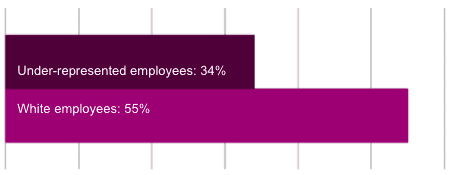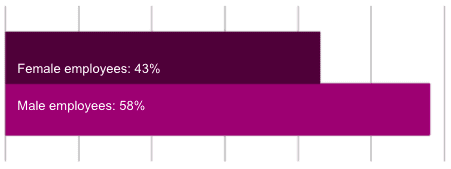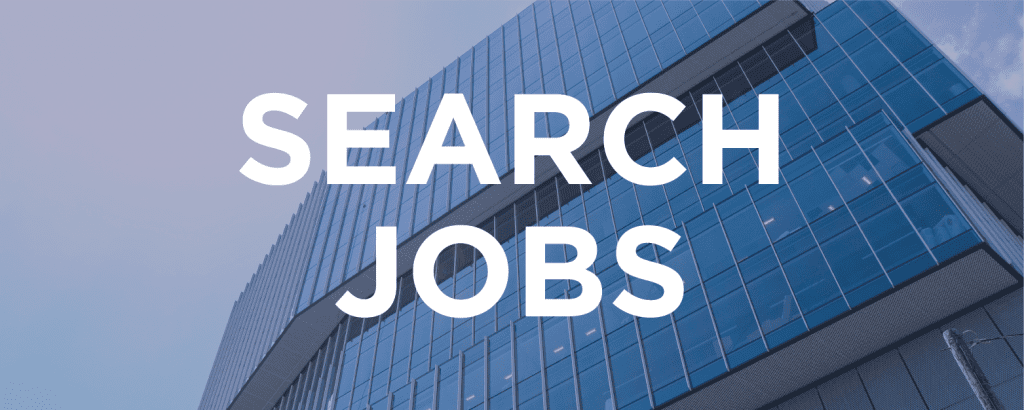The Case for Change
The Case for Change
Dallas Region statistics shed light on the state of diversity in the tech workforce.

9%
Hispanic Employees in Tech
27%
Women in Tech
12%
Black Employees in Tech
30%
Asian Employees in Tech
Source: CBRE 2021 Scoring Tech Talent Report – U.S. Census (Metro), IPUMS, and CBRE Research, May 2021
Diversity at Work in Dallas
Accenture conducted a study with Dallas Region employers that sheds light on opportunities to incorporate in hiring strategies.
Accenture’s Dallas Region study found employees from underrepresented groups reported their skills most utilized in customer support roles rather than technical or strategic roles. As you increase hiring at your firm, consider equitable representation.

White employees in the Dallas Region are more likely to work in roles that deliver strategy and digital solutions

Male employees in the Dallas Region are more likely to work in roles that deliver strategy and digital solutions
Source: Accenture Research
While Black and Hispanic employees represent 24% of our sample, they are overwhelmingly more likely to use their customer service skills than technical


83%
Dallas Region employers say hiring tech talent is a top priority
72%
Dallas Region employers say they have difficulty finding the right tech talent
67%
Dallas Region executives say they are losing talent to startup or digital native companies
The high demand for tech talent and perceived scarcity suggest need for remote options and critical evaluation of skill requirements to compete. Use the Tools & Resources section to jump start your search for top talent.
Source: Accenture Research
Myths Debunked
We challenge the status quo by presenting facts that set the record straight.
Sources:
• Forbes: https://www.forbes.com/sites/janicegassam/2018/12/18/5-reasons-why-the-pipeline-problem-is-just-a-myth/?sh=6410e383227a
• HBR: https://hbr.org/2019/12/why-isnt-your-organization-isnt-hiring-diverse-talent
• NYT: https://www.nytimes.com/2016/02/26/upshot/dont-blame-recruiting-pipeline-for-lack-of-diversity-in-tech.html
Sources:
• HR Dive: https://www.hrdive.com/news/should-employers-care-about-gpa-anymore/528430/
Sources:
• Accenture Study & Pew Research

